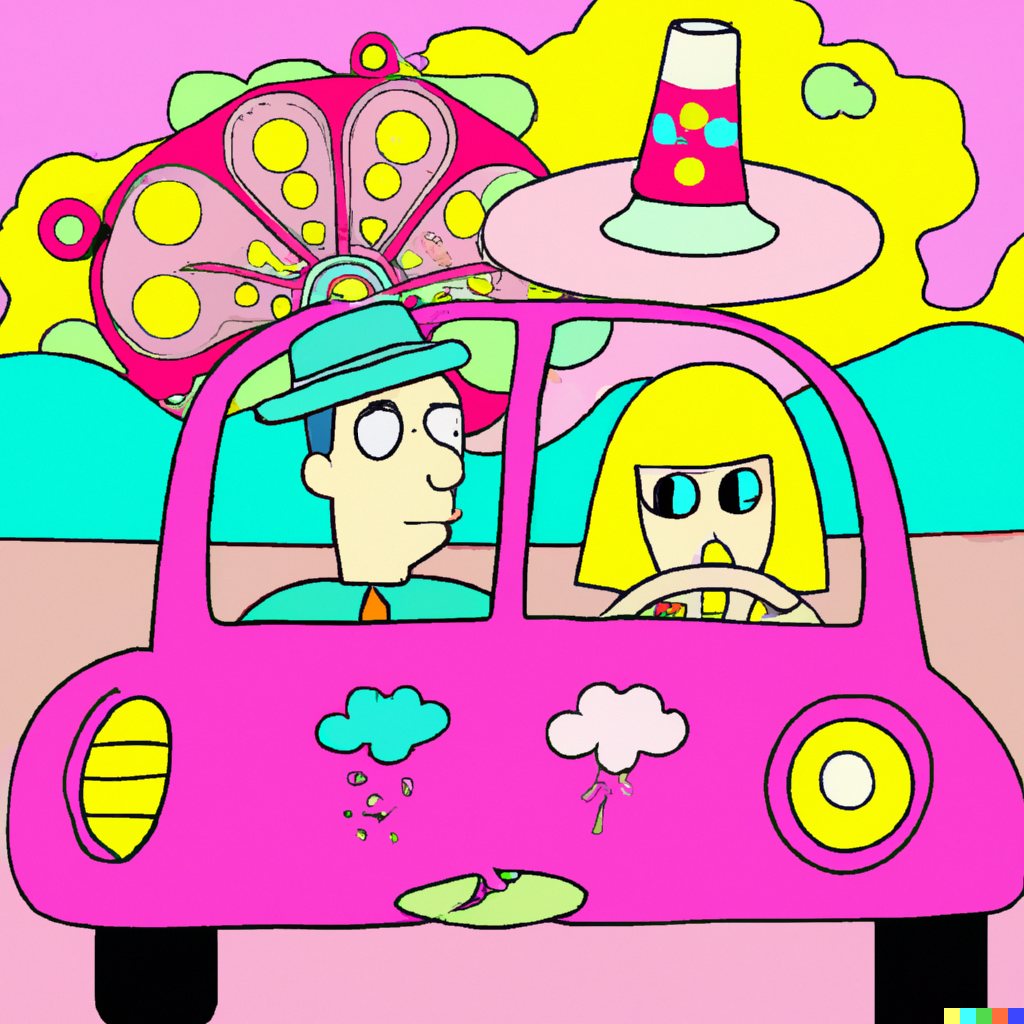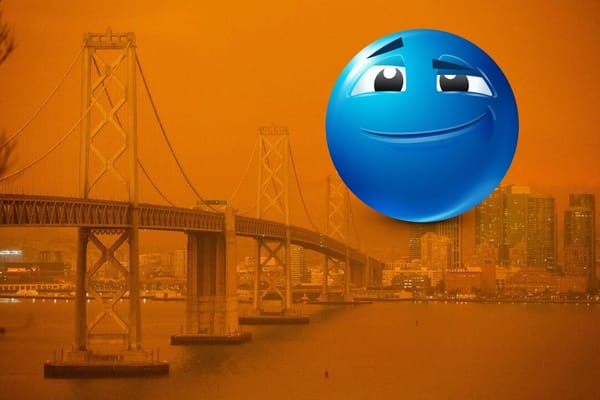Barbenheimer

"All ready!"
In the four-inch heels, Kerstin stood taller than me, and I felt suddenly off-kilter, like how the newspaper-reading public 100 years ago must have felt when Darwin or Einstein made their big splash. Fleetingly, uneasily, not at the center of my own universe.
I put on Spotify's official Barbie movie playlist for the drive to the Bay Street Cinema. Kerstin checked her lipstick once more in the sun visor vanity, then gingerly stepped down and blew me a kiss goodbye. Ariel and Steph were getting in the long line for popcorn.
Cindy Lauper sang about how girls just want to have fun, and I sat there for a moment, watching Kerstin glide on her heels into the pink-adorned throngs. Her tall silhouette drawing into the shadows.
Then I started the car and headed home. We had seen Oppenheimer together the weekend before. By the time he and his physicist friends are assembling their doomsday device in the desert, even Einstein is displaced. Relativity, with its time-bending revelations, is old hat. Not only is the earth not at the center of the universe, but the universe may have no center at all. Constant, swirling chaos.
That movie was good. Watching men build and smash empires, mastering what we thought was the last great secret of the universe. It didn't have much room for women, though. The book I'd read, American Prometheus, told more of Jean Tatlock and Kitty Oppenheimer's stories.
Barbie and Oppenheimer, two American demigods of the Atomic Age. In the great myth-quilt of our postmodern world, Barbie unleashed new fundamental forces. The bleak, largely black-and-white Christopher Nolan movie examines power and how it is wielded by men to our ultimate, inevitable downfall. Unexpectedly, the Barbie movie does too... But really, Barbie asks what it is to live in the American empire they forged.

With all our clanging and blasting, Barbie may not need us at all. She has her own car, her dream house, her Barbieland. Ken is around when she wants to take him for a spin. How can a product, a plastic toy, also be a sui generis icon of a woman's universe beyond our scientific reach? Barbieland cannot be an empire, it's just life.




